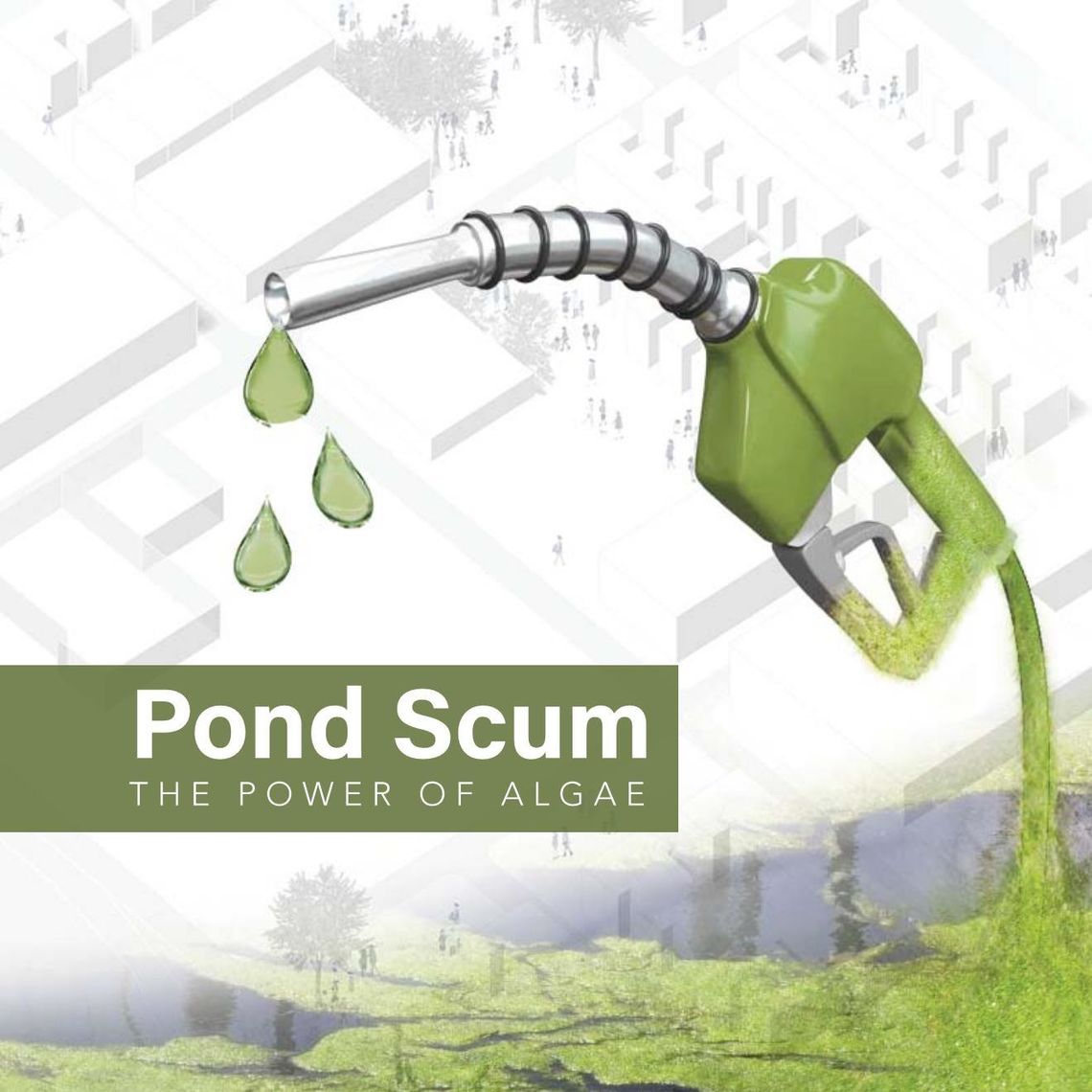The development of biofuels produced outside of the food production cycle, can create a new green economy generating thousands of new jobs and a new green infrastructure, in essence creating an algae economy.
But questions still remain:
- How will the new algae infrastructure function in the context of future landscapes?
- How will this alter our cultural and physical landscape?
Algae biofuels can change our perspective of how public open space will operate in the future. Underutilized landscapes in urban environments could potentially be used for bio-fuel “farms” proactively creating a sustainable environment. The new algae economy provides a platform to initiate an ecological and architectural discourse to fold these typologies into public open space creating productive landscapes. Hopefully, algae can become the forerunner of the 21st century biofuel revolution.

